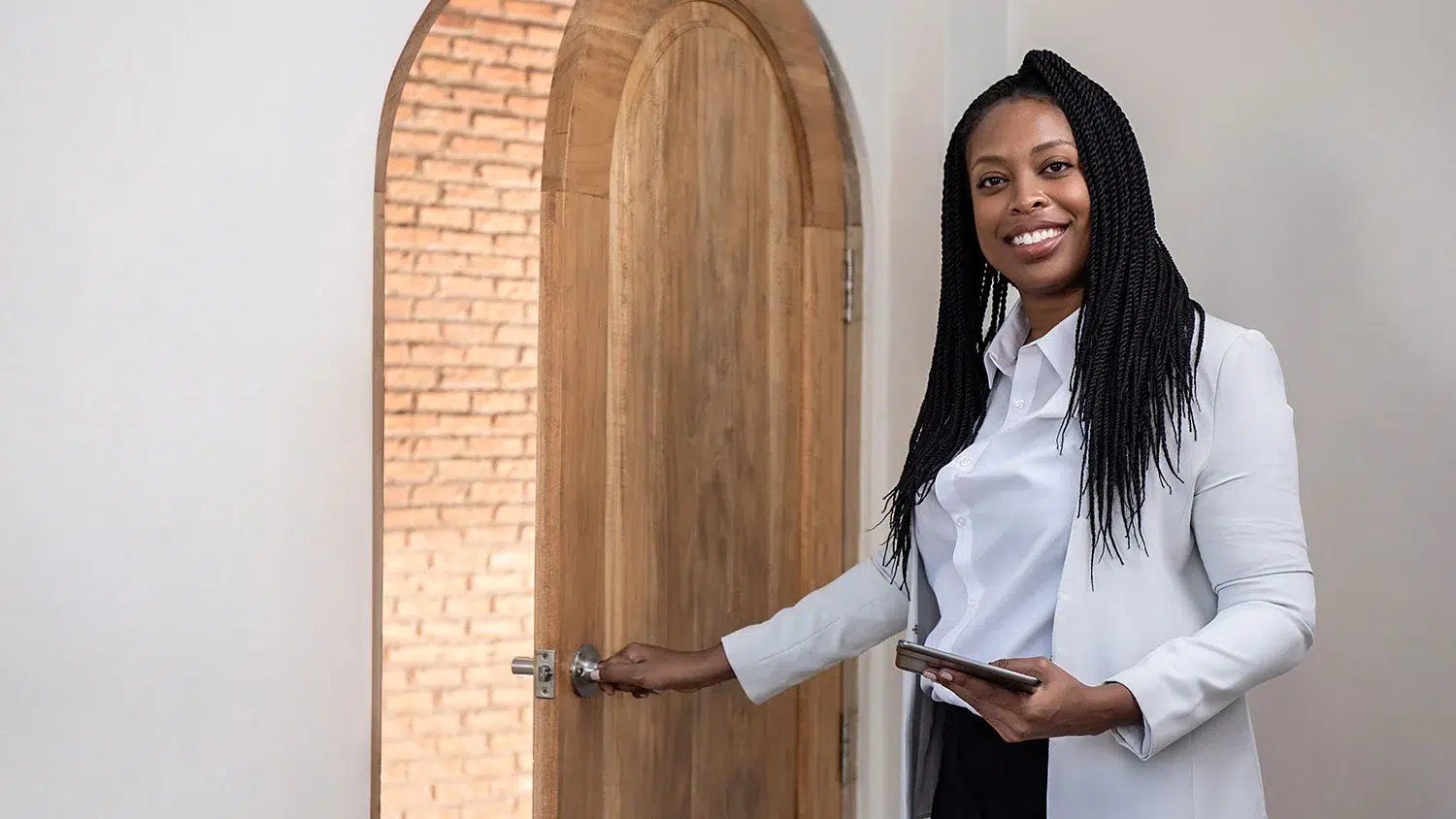If you’ve ever bought or sold a house, you’ve likely heard about real estate agents and brokers. But “What is a Broker license in Real estate,” and why does it matter? Whether you’re considering a career in real estate or just curious about the process, understanding the broker license is crucial. Let’s dive in and explore everything you need to know in a conversational, easy-to-understand way.
The Basics of a Broker License
A broker license in real estate is a certification that allows an individual to own, manage, and operate a real estate brokerage. This license goes beyond the basic real estate agent license, giving brokers more authority and responsibilities. While real estate agents can facilitate buying and selling properties, brokers can operate independently and employ other agents.
Why Become a Broker?
You might wonder why would someone want to become a Real Estate Broker Mississauga if they can already work as an agent? Here are a few compelling reasons:
- Independence and Control: As a broker, you can run your own real estate business. This means setting your own rules, building your brand, and having full control over your operations.
- Higher Earning Potential: Brokers often earn more than agents. They can earn commission on their own sales and a percentage of the sales made by the agents they employ.
- Career Advancement: Earning a broker license is a significant step up in the real estate industry. It signals a higher level of expertise and commitment, which can lead to more significant opportunities.

How to Obtain a Broker License
Getting a broker license isn’t a walk in the park; it requires dedication, education, and experience. Similarly, here is how to become a real estate agent in Ontario Canada. Here’s a step-by-step guide on how to achieve this:
Educational Requirements
Most states require prospective brokers to complete a certain number of hours in real estate courses. These courses cover various topics, including real estate law, finance, ethics, and property management. The specific number of hours can vary by state, so it’s essential to check your state’s requirements.
Experience as a Real Estate Agent
Before you can become a broker, you need to have experience as a licensed real estate agent. Typically, states require two to three years of experience, though this can vary. This experience ensures that you have a solid foundation and practical knowledge of the real estate industry.
Passing the Broker Exam
After meeting the educational and experience requirements, you’ll need to pass the broker exam. This exam is more comprehensive than the agent exam and covers a broader range of topics. Studying diligently and possibly taking a prep course can help you pass this challenging test.
Application and Fees
Once you pass the exam, you’ll need to submit an application to your state’s real estate board, along with any required fees. This process might also include a background check to ensure you meet the ethical standards of the profession.
Roles and Responsibilities of a Real Estate Broker
Now that we know how to become a Real Estate Broker Mississauga, let’s talk about what brokers do. Their roles and responsibilities can vary widely but typically include the following:
Supervising Agents
Brokers oversee the activities of real estate agents who work under them. This includes training, mentoring, and ensuring that agents comply with state laws and regulations.
Handling Transactions
Brokers are responsible for managing and overseeing real estate transactions. This includes negotiating deals, preparing contracts, and ensuring that all legal requirements are met.
Marketing and Business Development
As business owners, brokers must market their services and develop their brand. This can involve creating marketing strategies, networking, and building relationships with clients and other industry professionals.
Financial Management
Brokers handle the financial aspects of their business, including budgeting, payroll, and accounting. They must ensure that their brokerage is financially healthy and profitable.
Types of Real Estate Brokers
Not all brokers are the same. There are different types of brokers, each with unique roles and functions:
Principal Broker
Also known as the designated or managing broker, the principal broker is responsible for the overall operations of the brokerage. They ensure compliance with state laws, manage the brokerage’s finances, and supervise all agents.
Managing Broker
Managing brokers typically have more hands-on responsibilities than principal brokers. They oversee the day-to-day activities of agents, handle administrative tasks, and ensure smooth operations within the office.
Associate Broker
An associate broker has a broker’s license but works under another broker, similar to how an agent works under a broker. They have the same qualifications as a principal broker but choose not to manage a brokerage.
Continuing Education and License Renewal
A broker’s education doesn’t stop once they receive their license. Most states require brokers to complete continuing education courses to stay current with industry changes and maintain their licenses. This ongoing education ensures that brokers remain knowledgeable about new laws, market trends, and best practices.
The Challenges of Being a Real Estate Broker
While being a broker has its perks, it’s not without challenges. Here are a few hurdles brokers might face:
Market Fluctuations
The real estate market can be unpredictable. Economic downturns, changes in interest rates, and other factors can impact the market, making it challenging for brokers to maintain steady business.
Regulatory Compliance
Real estate is heavily regulated, and brokers must stay up-to-date with laws and regulations. Non-compliance can result in fines, license suspension, or even revocation.
High Stress and Responsibility
Brokers have a lot of responsibilities, from managing transactions to supervising agents. This high level of responsibility can be stressful, especially when dealing with complex transactions or difficult clients.
Read more about “Can You be Real Estate Agent and Appraiser?” on our blog page now!

Is a Broker License Right for You?
Deciding whether to pursue a broker license depends on your career goals and personal circumstances. Here are a few questions to consider:
- Do you want to run your own business? If you enjoy entrepreneurship and want to build your own real estate brand, becoming a broker might be the right choice.
- Are you prepared for the additional responsibilities? Being a broker comes with more duties and potential stress. Consider if you’re ready for the added workload.
- Do you meet the educational and experience requirements? Ensure you have the necessary experience as an agent and are willing to invest in the required education.
Conclusion
A broker license in real estate opens doors to greater independence, higher earning potential, and career advancement. While the path to becoming a broker involves rigorous education, experience, and passing a comprehensive exam, the rewards can be significant. If you’re passionate about real estate and ready to take on the challenges and responsibilities, a broker license might be the perfect next step in your career. Remember, continuous learning and adaptability are key to thriving in this dynamic industry. Ready to navigate the real estate market with confidence? Secure your dream home in Mississauga with the expert guidance of our licensed brokers. Our team at Mississauga Homes ensures a seamless buying or selling experience, tailored just for you. Trust our expertise to make your real estate journey stress-free and successful. Contact us today to get started on finding your perfect Mississauga home!

